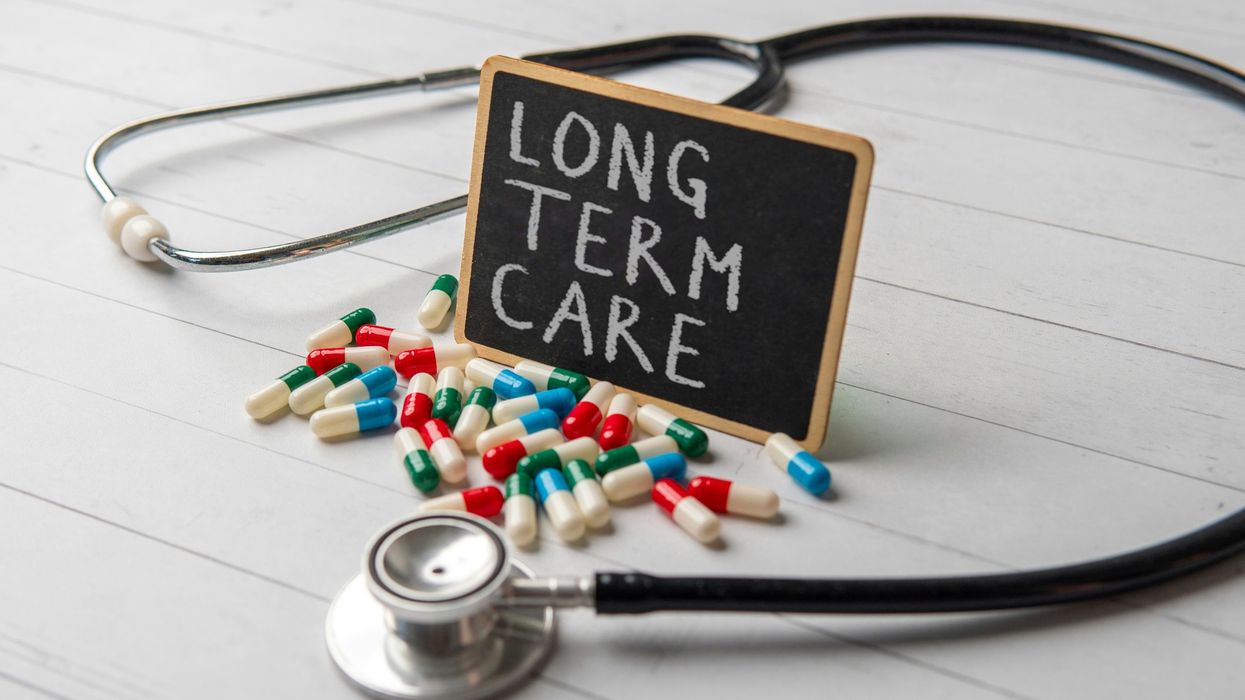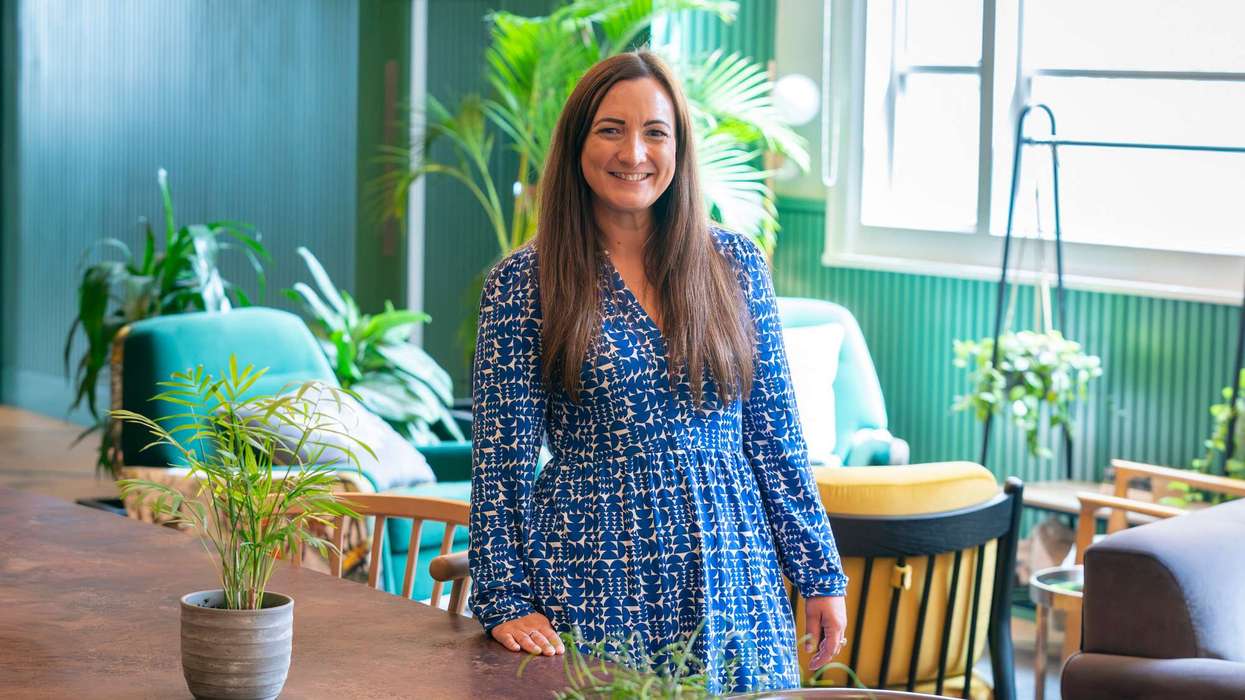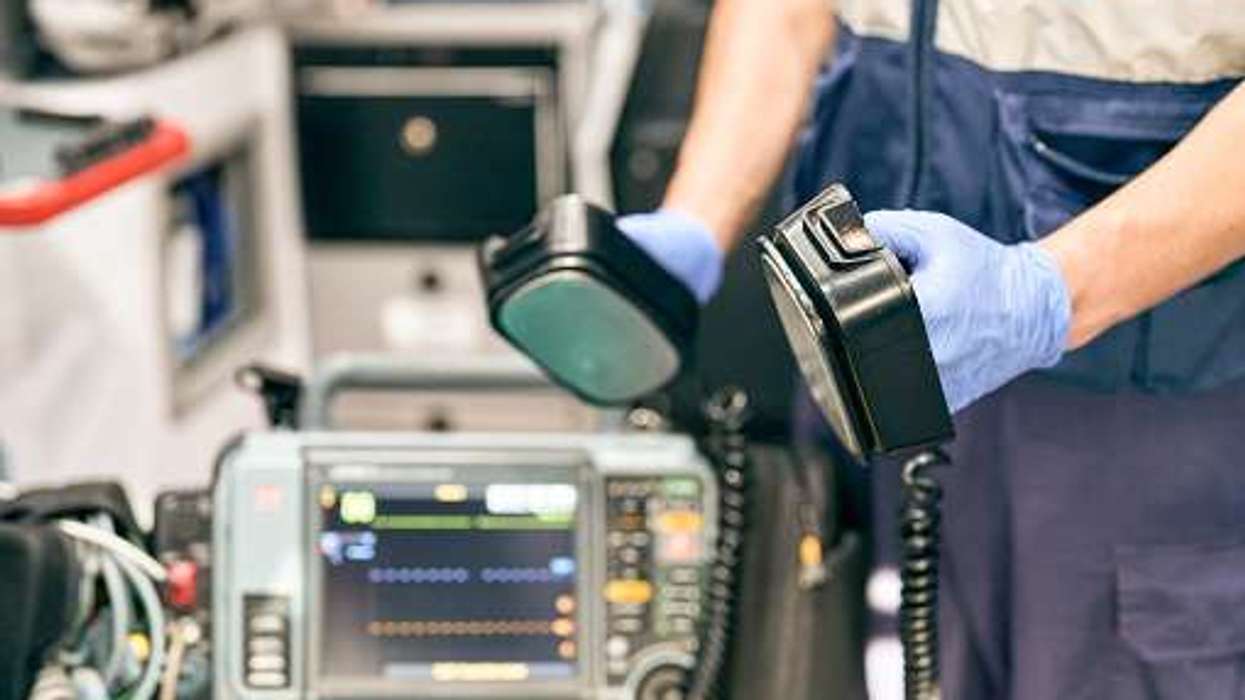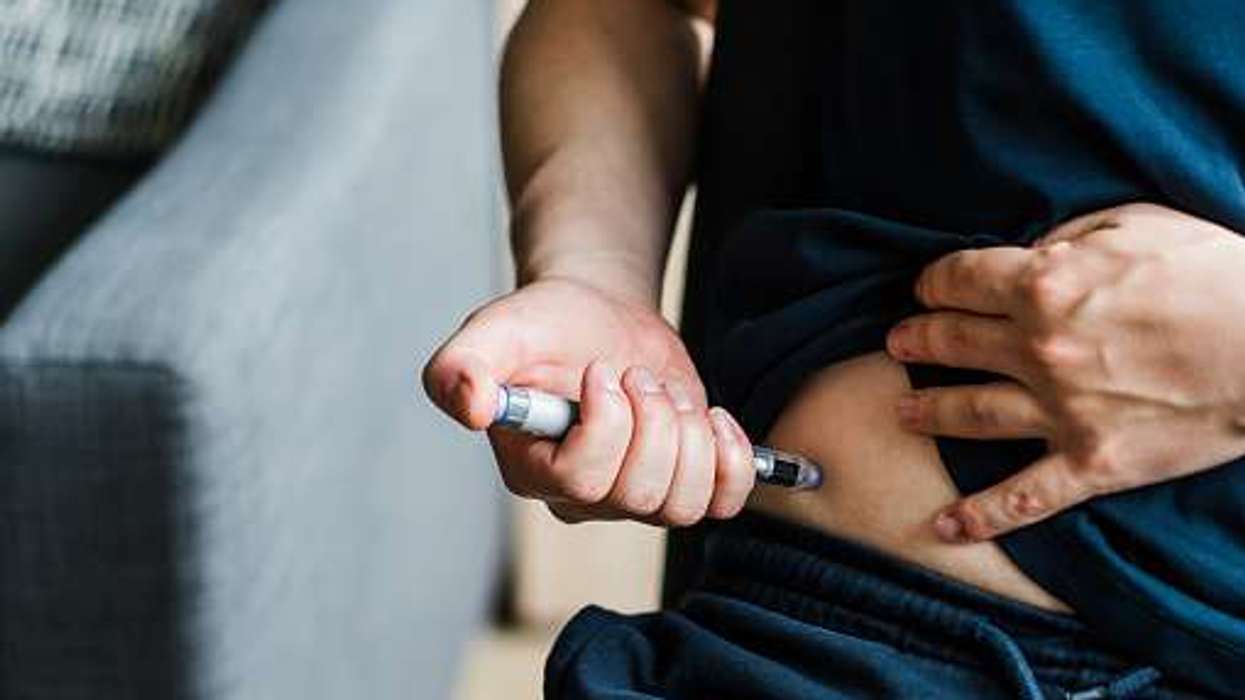Key Summary
- All patients diagnosed with long-term conditions will be referred to trusted charities and support organisations under the Diagnosis Connect programme
- It will support a quarter of a million people in its first two years focusing on areas such as diabetes, mental health and lung conditions
- It will be scaled up to reach hundreds of thousands more over the coming years
Prime minister Keir Starmer has announced that people diagnosed with long-term health conditions will receive help from expert charities under the Diagnosis Connect programme.
All newly diagnosed patients will be referred to trusted charities and support organisations, which will provide personalised advice, information and guidance to help them manage their condition.
These patients will be able to access charities and support services though the NHS app.
They will be sent a text or push notification via the NHS App with information about relevant support groups and charities should they wish to seek further help.
Diagnosis Connect will be launched in 2026 and support a quarter of a million people in its first two years, focusing on areas such as diabetes, mental health and lung conditions.
It will be scaled up to reach hundreds of thousands more over the coming years.
The prime minister made this announcement at the Civil Society Summit on Thursday (17).
He also launched a new Civil Society Covenant to build stronger partnerships between government and charities, faith organisations, philanthropists, social investors and grassroots groups to deliver real results for working people.
Health secretary Wes Streeting observed that being diagnosed with a long-term condition can be 'overwhelming'.
"People are often handed a leaflet or a phone number and left to find help themselves," he said.
He said Diagnosis Connect will make sure patients with long-term conditions are directly referred to trusted organisations from the moment they’re diagnosed.
The Richmond Group of Charities' chief executive, Duleep Allirajah said, "The Richmond Group of Charities helped develop this proposal for automatic referrals to specialist charity support. We look forward to this becoming second-nature."
Rachel Power, chief executive, The Patients Association, said, "Our work shows that patients living in underserved neighbourhoods often struggle to get the information they need and face barriers when communicating with healthcare professionals. Early access to trusted charities at the point of diagnosis can make a real difference."












